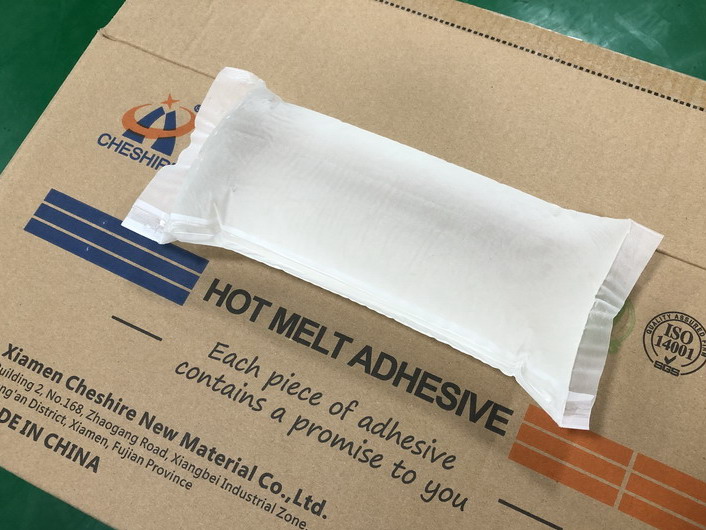Common Hot Melt Adhesive Uses and Applications
Author:Cheshire View:112
Hot melt adhesives (HMA) are as numerous as they are versatile. In general, hot melts are applied by extruding, rolling or spraying, and the high melt viscosity makes them ideal for porous and permeable substrates. HMAs are capable of bonding an array of different substrates including paper, rubbers, ceramics, metals, plastics, glass, wood and more.

Today, hot melt adhesives are available in a variety of different types, allowing for use in a wide range of applications across several industries. For use in industrial processes, HMA adhesive is supplied in larger sticks and glue guns with higher melting rates. Aside from hot melt sticks, HMA can be delivered in other formats such at granular or power hot melt blocks for bulk melt processors. Larger applications of HMA traditionally use pneumatic systems to supply adhesive.
Some common examples of industries where Hot Melt is used include:
Closing the flaps of corrugated boxes and paperboard cartons in the packaging industry,
Spine gluing in the bookbinding industry,
Profile-wrapping, product assembly and laminating applications in the woodworking industry,
Disposable diapers are constructed through the use of HMA, bonding the non-woven material to both the backsheet and the elastics,
Many electronic device manufacturers may also use an HMA to affix parts and wires or to secure, insulate, and protect the device's components.
And here are some general terms used for HMAs:
Open time: the working time to make a bond, where the surface still retains sufficient tack, can range from seconds for fast-setting HMAs to infinity for pressure-sensitive adhesives
Set time: time to form a bond of acceptable strength
Tack: the degree of surface stickiness of the adhesive; influences the strength of the bond between wetted surfaces.
Surface energy: which influences wetting of different kind of surfaces.
Are you looking for a standard or custom hot-melt adhesive solution for your industrial, manufacturing or packaging process? Contact us today!